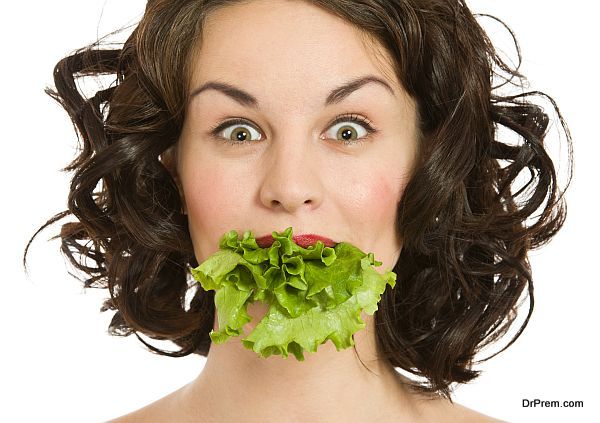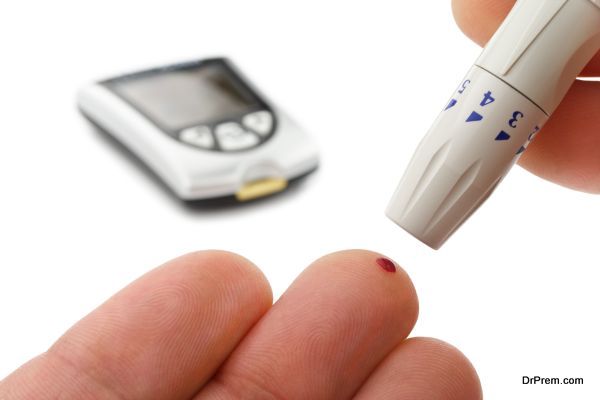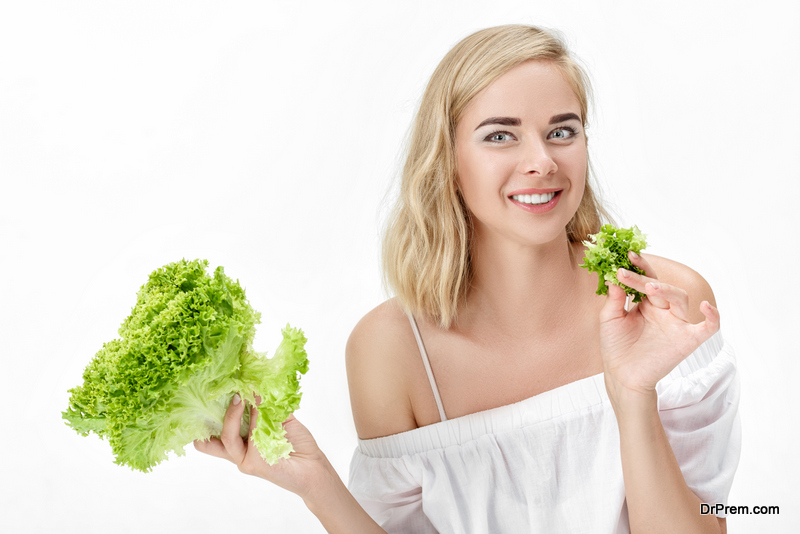Becoming vegan seems the latest fad the world over. Currently, around 6 to 8 million people in the US abstain from the consumption of red meat, poultry and fish. The findings are released by Harris Interactive Poll commissioned by the Vegetarian Resource Group. This is an NGO that transmits data on vegetarianism. Is it that meat and fish started tasting less delicious than what they did before?
People are switching to vegetarian for several reasons. The journey may have been motivated by:
- A sudden development of soft corner for animals.
- On religious grounds.
- Fear of livestock being injected by antibiotics and growth hormones that could be harmful to the consumers.
- For health reasons.
- Failure to afford non vegetarian food.
This shift in dietary preference owes more to health reasons than other factors. Eating plant-based diet is believed to bring in health benefits. This includes a drop in heart attack rates to a conviction that veganism benefits the skin. Let’s have a brief insight into the subject.
Becoming Vegan:
 According to the American Dietetic Association “Whether it is a completely vegetarian or a vegan diet, it should be properly planned. Once you achieve this, your diet would go in favor of becoming vegan. Your food derived from plants would be nutritious and help combat chronic diseases”. Mediterranean diet is considered the most heart-healthy. It is the reason for a longer life span and a drastic cut in the risk of many chronic diseases.
According to the American Dietetic Association “Whether it is a completely vegetarian or a vegan diet, it should be properly planned. Once you achieve this, your diet would go in favor of becoming vegan. Your food derived from plants would be nutritious and help combat chronic diseases”. Mediterranean diet is considered the most heart-healthy. It is the reason for a longer life span and a drastic cut in the risk of many chronic diseases.
Choice of food in the Mediterranean belt includes more of fish, vegetables, fruits and nuts and less of animal meat. Becoming vegan is an umbrella term. It includes several classifications like:
- Vegans: These are pure vegetarians depending only on plant based diet. They do not consume meat, poultry, eggs, dairy products and gelatin.
- Lacto Ovo vegetarians: Do not eat meat, poultry and fish. But they consume eggs and dairy products.
- Lacto vegetarians: Do not eat meat, poultry, fish and eggs. But they consume dairy products.
- Ovo Vegetarians: Do not eat meat, poultry, fish and dairy products. But they eat eggs.
- Partial vegetarians: They do not eat meat. But they may eat fish and poultry.
Being a vegetarian and insulation from major diseases:
 The dietary content in a vegetarian and non-vegetarian diet makes a big difference. Eating food derived from plant sends less saturated fat and cholesterol into our body compared to consuming meat and eggs.
The dietary content in a vegetarian and non-vegetarian diet makes a big difference. Eating food derived from plant sends less saturated fat and cholesterol into our body compared to consuming meat and eggs.
Again, eating more fruits and vegetables packs your body with more vitamins C and E, dietary fiber, potassium, magnesium, folic acid and phytochemicals like flavonoids and carotenoids. Consequently, becoming vegan or at least eating more of plant based food would bring your blood pressure to normal count. It will reduce your total cholesterol as well as harmful LDL. It will lower your BMI. All these put together will go a long way to benefiting your health.
Cardiac issues:

A drop in heart attack rates is attributed to becoming a vegan. Analysis of data from 5 extensive studies was compiled where 76000 people were participants. Findings had one conclusion – that a person on vegetarian diet is 25 % less prone to death from cardiac arrest compared to a meat-eater.
High fiber whole grains and legumes have low glycemic index, helping people to keep a stable blood sugar level. Nuts like almonds and walnuts insulate your heart from diseases. So do soluble fibers, which help reduce bad and overall cholesterol levels. Fruits and vegetables contain antioxidants that are hugely beneficial to heart health.
Omega 3 fatty acids in walnuts cut down total cholesterol and the bad cholesterol LDL. In comparison, Omega 3 from fish cut down Triglyceride level, increasing the good cholesterol HDL.
A research carried out by Physicians Committee for Responsible Medicine drew an inference connecting heart health with plant-based diet. The findings are as follows:
- Consuming a plant-based diet led to reduction of risk of death from cardiovascular diseases by 40 %.
- It also brought about a drop in risk of coronary heart disease by 40 %.
- Among 91 % of the patients, plant based diet resulted in full or partial unblocking of blocked arteries.
- Risk of hypertension gets reduced by34%.
Cancer and becoming vegan:
 There are ample evidence that plant based diet with the inclusion of fish helps keep off cancer and other malignant tumors. In a pool of information collected by Oxford vegetarian Study and EPIC Oxford, fish eaters stand a better chance of combating certain types of cancers than vegetarian. Against this, meat eaters stand at the largest risk zone from cancer threats. If you consume red meat, especially when the meat is processed, then colon cancer may invade your body.
There are ample evidence that plant based diet with the inclusion of fish helps keep off cancer and other malignant tumors. In a pool of information collected by Oxford vegetarian Study and EPIC Oxford, fish eaters stand a better chance of combating certain types of cancers than vegetarian. Against this, meat eaters stand at the largest risk zone from cancer threats. If you consume red meat, especially when the meat is processed, then colon cancer may invade your body.
In reducing the risk of Type 2 diabetes:
 In a study conducted by Seventh Day Adventists, for vegetarians the risk of diabetes was about 50 % of that of non-vegetarians. Factoring in the BMI count, Harvard based women’s health study found a linear relationship between eating red meat and processed meat with diabetes.
In a study conducted by Seventh Day Adventists, for vegetarians the risk of diabetes was about 50 % of that of non-vegetarians. Factoring in the BMI count, Harvard based women’s health study found a linear relationship between eating red meat and processed meat with diabetes.
Becoming vegan and incidence of other diseases:

- Studies reveal that becoming vegan can mitigate the symptoms of osteoarthritis and rheumatoid arthritis. The key role played here is by probiotic rich whole food.
- Vegan foods have far lesser calorie content and hence they help keep your body weight in control. Obesity invites a host of diseases and vegan diet keeps them away.
Vegan diet and skin health:
 Vegan diet benefits the skin in more than one way:
Vegan diet benefits the skin in more than one way:
- Since vegan diet consists mainly of fruits and vegetables rich in antioxidants, it nourishes the skin well.
- Vegan diet cuts out dairy product loaded with oil and fats giving you greasy skin.
- Studies reveal that for acne patients not taking dairy products for a month, there had been a marked reduction in acne.
- A vegan diet enhances your complexion, removes pimples and imparts a glow to your skin.
Final words:
Going vegan is not a sacrosanct answer; it is the proper guidance that is required. A glimpse at papers released by the American Dietetic Association holds that approved and qualified dieticians would guide laymen in this area. They can enlighten clients on key nutrients and change vegetarian diet to suit needs on case-to-case basis. Those having food allergies should be given thorough attention while programming their diet chart.



